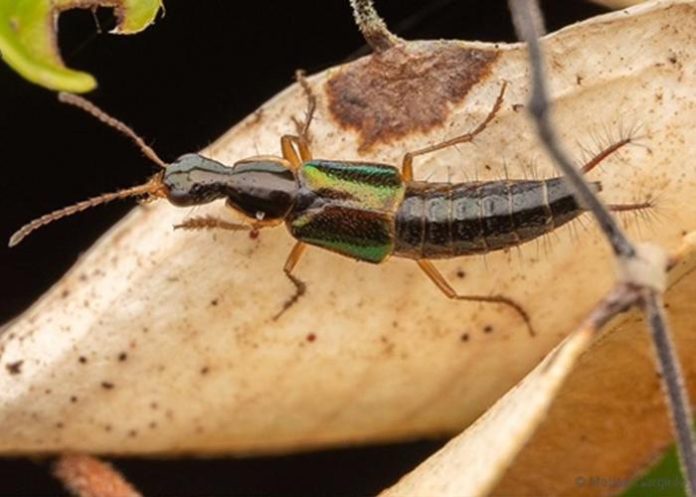Entomologists and biodiversity researchers often find themselves closely examining insect genitalia, which uniquely evolve in every species and serve as a key means of species identification. Aslak Kappel Hansen and colleagues at the Natural History Museum of Denmark discovered six new species of rove beetles, particularly noticing the distinctive bottle-opener-shaped genitalia of one species. This peculiar feature inspired the naming of the species, Loncovilius carlsbergi, in honor of the Carlsberg Foundation, recognizing their generous support for independent research.
However, despite this fascinating discovery, very little is known about these beetles living in Chile and Argentina. Their habitat, predominantly among flowers rather than typical ground-dwelling locations, highlights their uniqueness within their family. Yet, these beetles, though distinct and possibly ecologically crucial, face severe risks due to climate change, with an estimated 50% of their habitat potentially altered by 2060.
The current biodiversity crisis, exacerbating species extinction at an alarming rate, highlights the urgency of species discovery and conservation efforts. With many species vanishing before even being identified, taxonomic classification becomes vital for conservation. Hansen and his team hope that the attention drawn to Loncovilius carlsbergi may spark broader interest in insects, emphasizing the importance of understanding and protecting Earth’s diverse species.
Notably, the researchers even went a step further, creating a stainless steel model of the beetle’s genitalia, resembling an actual bottle opener, which could indeed pop open a cold beer. Their goal is to use this quirky conversation piece to raise awareness about the global species crisis, fostering discussions and potentially driving a deeper interest in biodiversity and conservation. In a more light-hearted yet meaningful approach, the researchers are exploring putting the bottle-opener into production.















